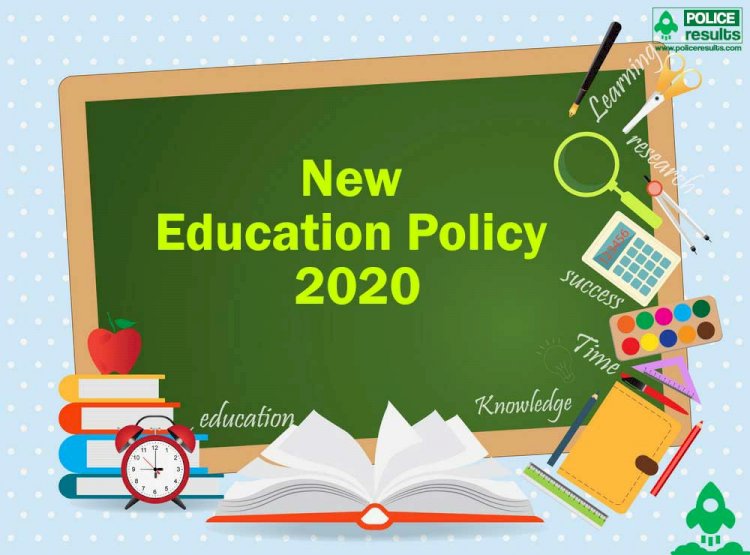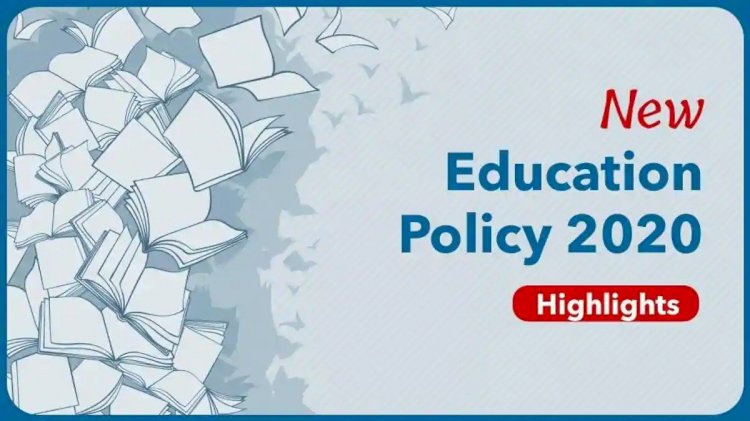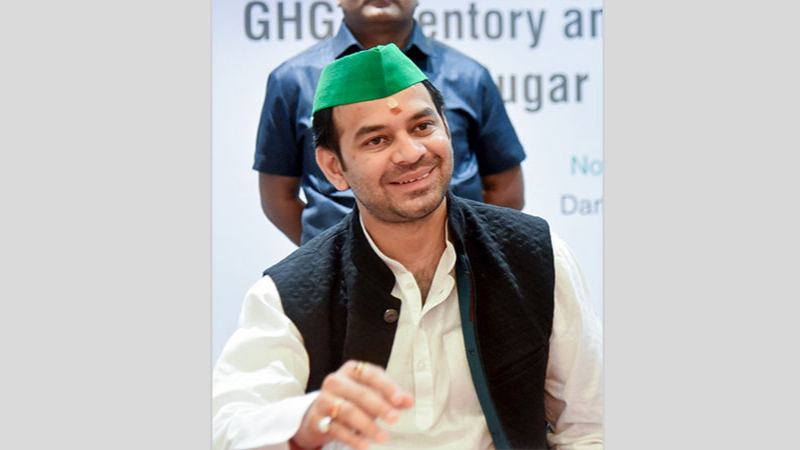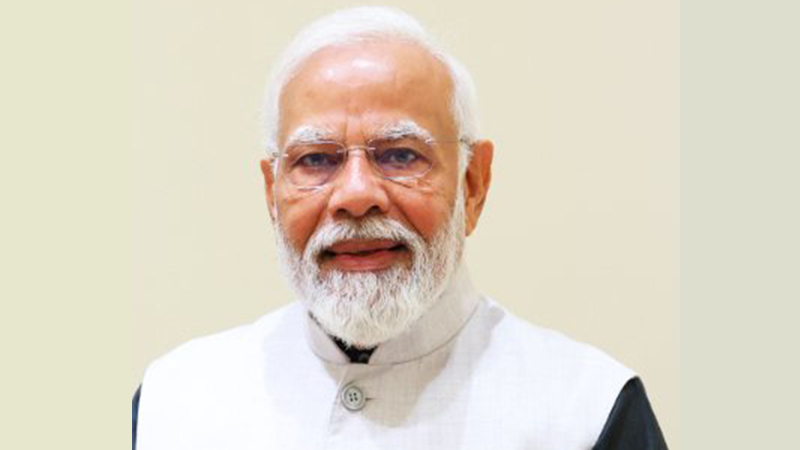The New Education Policy will redefine education system ?
The New Education Policy 2020, passed by the union cabinet on 29th July 2020 contours the establishment of a revolutionized education system. It lays its base on a more liberal educational setup in the country. But, before we dig in deep, we must ask ourselves that, Are the policies drafted in the first education policy, achieved?


The New Education Policy 2020, passed by the union cabinet on 29th July 2020 contours the establishment of a revolutionized education system. It lays its base on a more liberal educational setup in the country. But, before we dig in deep, we must ask ourselves that, Are the policies drafted in the first education policy, achieved?
The New Education policy recommends a change in the age bar of Right to Education. Now, the age bar has been relaxed to 3-18 years which previously was 4-16 years of age, which has been a promised constitutional right given to every citizen of the country. But, will the difference in age bar promise a qualitative education? This matter must be carefully addressed witnessing the influx of children rapidly from public schools to private educational institutions. Even though the state promises life-long free, constitutional educational rights, Will there be an iota of difference achieved until we promise a qualitative education?
The Kothari Commission(1964 -1966), in its report, recommended the expenditure of six percentage of the Gross Domestic Product on education; But, if we see the expenditure available in the public domain, the average expenditure is always around three percentage, half of what recommended and legislated in the bill. In the new education policy, the same recommendation of the Kothari Commission has been repeated. After sixty years of the recommendation, If we still lack the implementation, I feel it is a question to be addressed on the ground that whether it can be achieved! If the parliament of India can sanction a bill on the maximum fiscal deficit in the country, Why can't we demand a bill which will guarantee a minimum expenditure on education? I am assured that this will reduce the step in between implementation and execution.

As we know, cess is a form of tax levied from the people. India is the only country that demands education cess from its people. It was two percent in the year 2004 which was eventually increased to four percent in the year 2007. Ironically, if we can't still meet the minimum expenditure legislated, the policy stands on its probability to become void.
We follow a federal structure of governance in our country. It was heavily criticized that the recommendations of the state were not taken into consideration while drafting the bill and eventually the act. We must understand that until we assimilate every tool in the machinery to participate, we will lack in a good legislation process and also in the impactful execution. Moreover, the " Rashtriya Siksha Aayog " must be federal in nature to reflect the distribution of power.
There are many positive points in the policy that will leave an indelible mark on the history of our education setup such as the liberty of multiple exits; It will help students to exit at any point in between their studies. Choosing a specific paper from the host of subjects is an outstanding point that will prove to be historic. Primary education in the native vernacular language is a similar point to be noticed and appreciated. When we can demand justice in our mother tongue, Why should education not be imparted in the same way?
After closely following the past education policies, the only loophole is about its attainment on the ground. We always fail in the proper execution of these landmark policies. Either, we fail to analyze what we can achieve or either fail to execute it properly. In the midst of the good aspects of the policy, the absurdities must be focussed and the improper execution must be evaded, else the whole purpose of educational reformation will be defeated.







































